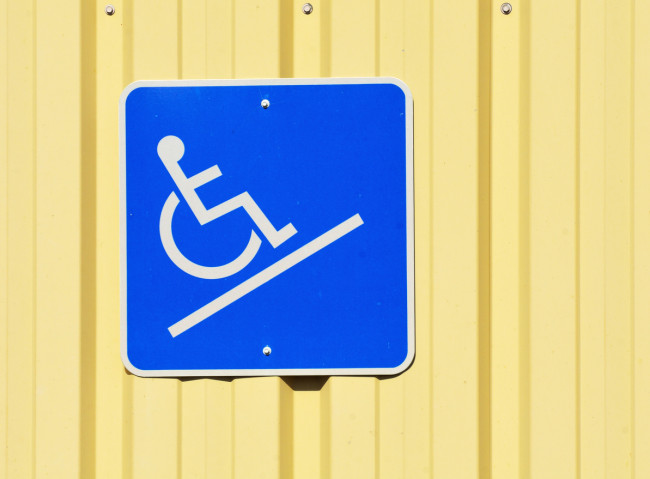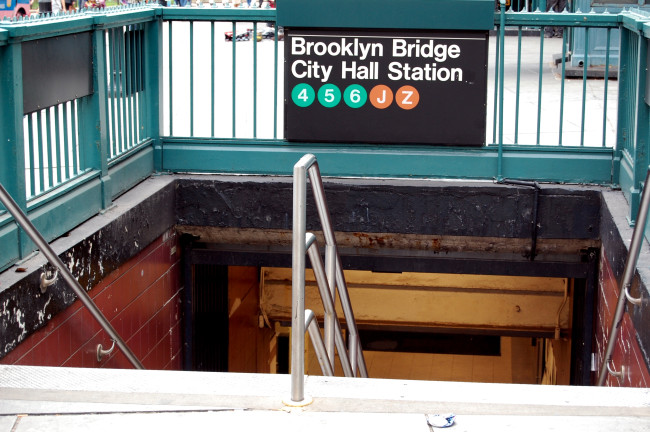What can I do about landlords who won't accept disability checks as rent?

SSI and SSDI checks should be considered income by your landlord.
I’m a person with a disability and I'm looking for apartments to rent in New York City, but landlords won’t consider my SSI and SSDI checks as income, even though they would cover the rent and utilities. What can I do?
Supplemental security income (SSI) and social security disability insurance (SSDI) checks are considered legal forms of income, and landlords are required to accept them, our experts say.
Typically, tenants must demonstrate to landlords that their annual income is at least 40 times the monthly rent, and that they have good credit, to qualify for an apartment. SSI and SSDI checks should be counted as part of your income in this calculation.
"If your SSI and SSDI income meets this standard, you are qualified, provided your credit rating is good," says Dennis R. Hughes, a broker with Corcoran. "Speak with your prospective landlords and find out what is the qualifying income they require. SSI and SSDI are valid income and should be acceptable."
You may find that simply explaining the legalities of disability income to landlords will resolve the issue.
"Many owners, especially of small buildings, are not well-versed in this area and just do not know this is something that's considered income," says Kara Rakowski, partner at Belkin Burden Goldman. "I've had owners at various seminars ask me this question—it's something that's not readily understood."
Many brokers, too, are not informed about SSI and SSDI income, she says. It may be helpful to get a benefit verification letter from Social Security to serve as proof that you have these benefits and that they count as income. You could also inform the landlords that refusing to rent to tenants with disabilities violates their human rights, and share fact sheets from the New York City Commission on Human Rights about the legal protections for people with disabilities, which includes protection from housing discrimination.
In most cases, Rakowski has found, landlords accept SSI and SSDI checks once the benefits have been properly explained to them. But if you find that you're still being turned down illegally, then it's time to file a complaint, or consult an attorney.
"Under New York law, a landlord may not discriminate against a tenant based on the source of the tenant’s rent or income," says Jeffrey Reich, a partner at Schwartz Sladkus Reich Greenberg Atlas. "The tenant may wish to reach out to the New York City Commission on Human Rights or the New York State Division of Human Rights to get information with respect to his or her rights or to file a complaint."
Trouble at home? Get your NYC apartment-dweller questions answered by an expert. Send your questions to experts@brickunderground.com.
For more Ask an Expert questions and answers, click here.
You Might Also Like






























